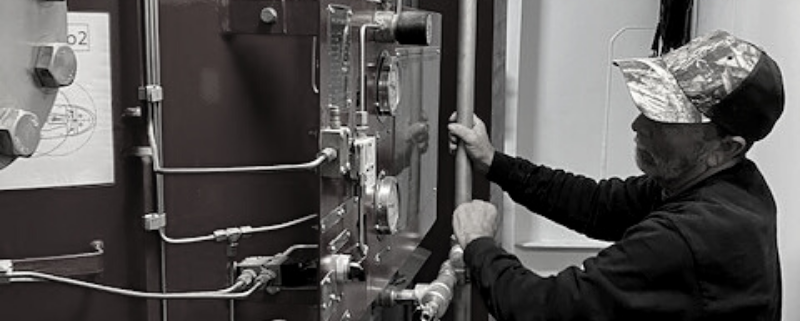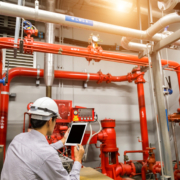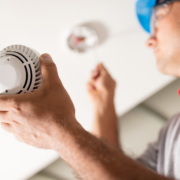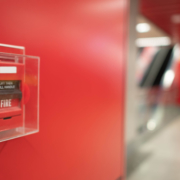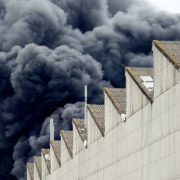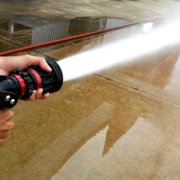CHECK OUT WHAT OUR HOUSTON TEAM IS UP TO!
Our Houston team has been hard at work expanding their business and ensuring their clients remain safe from harm! To acknowledge their accomplishments over the last few months and show them we appreciate all the hard work they have put in; we want to recognize some of their big wins!
Here are some examples of the current projects the Houston Team is working on. The team has secured work with Port of Houston Barbour’s Cut Terminate and a venture partner Dayna Mechanical. They have also been working to service tugboats for Enterprise Marine, Devvall Towing, Florida Marine Transporters, Golding Barge Lines, and Intratug.
Our Houston District has done an impeccable job of building relationships with customers, ensuring they provide on-time inspections and same day service. As a result, the feedback from our customers has been exemplary.
Let us dive a little deeper into the Houston District’s technical expertise!
MARINE SUPPRESSION SYSTEMS
The Marine Department is ramping up! They have now acquired four new Tug & Barge customers, including NGL, Canal Barge Co., Intratug, and Martin Marine. VFS now has approximately 375 total vessels receiving fire safety inspections and testing annually. When it comes to your marine fire suppression needs, our team in Houston is ready to help!
About 90% of onboard fires start in the engine room and half of those start from electrical wiring issues. With the proper fire suppression systems in place that trigger automatically, is essential to fighting the fire early and keeping it contained. There are a few different types of boat fires that can occur:
CLASS A
These fires are ordinary combustible fires, which include paper, plastic, and fiber as well as cabinets, berths, hatch covers, and synthetic materials (including cushion vinyl, foam and fabric covers, and bedding).
CLASS B
These fires include flammable gases and liquids including diesel, gasoline, and propane. They can quickly ignite the rest of the boat. Ensure the source of fuel is cut off immediately!
CLASS C
Electrical fires can start other classes of fire and are extremely dangerous. The most important part of stopping these fires is to shut off the electricity first and foremost.
The best way to protect your vessel from fires is to choose extinguishing agents that are effective for all three types of fires.
INDUSTRIAL FIRE PROTECTION
37,910 fires occurred in industrial and manufacturing facilities between 2011 and 2015. It is essential that you prioritize fire protection in your industrial facility. Prioritizing your fire protection looks like:
- Regular inspections and maintenance to ensure you remain compliant and your systems function at their best.
- Walkthroughs and fire hazard assessments help to identify your needs, risks, and strategies for your specific industry.
- Implement regular training for your employees to ensure fire prevention, protection, and safety is the top priority.
It is important to understand where your risk may lie within an industrial facility. Some of the most common industrial fire and explosion risks include the following:
- Electrical hazards: Exposed wires, extension cords, and overloaded electrical circuits.
- Combustible dust: Ensure regular housekeeping is done to avoid accumulation of dust.
- Hot work: avoid hot work as often as possible. If you need to engage in these activities, ensure all staff are properly trained and supervised. Keep the area thoroughly cleaned.
- Flammable liquids and gases: Ensure all flammable liquids and gases are properly stored and handled in the workplace.
It is important to understand how fires may start in your industrial facility.
OIL & GAS
Oil & gas facilities offer a special challenge when it comes to fire protection. These facilities are high-hazard occupancies when it comes to fire protection. These environments are harsh, complicated, and often in remote locations. These special hazard facilities include:
- Off-shore oil platforms
- Oil pumping stations
- Refineries
- Gasoline storage tanks
- Compressor stations
- Gas processing plants
- LNG receiving facilities.
At VFS, we utilize our robust knowledge, expertise, and experience to provide the best possible solutions for every client. Our Houston team is uniquely positioned to protect your special hazard facility.


